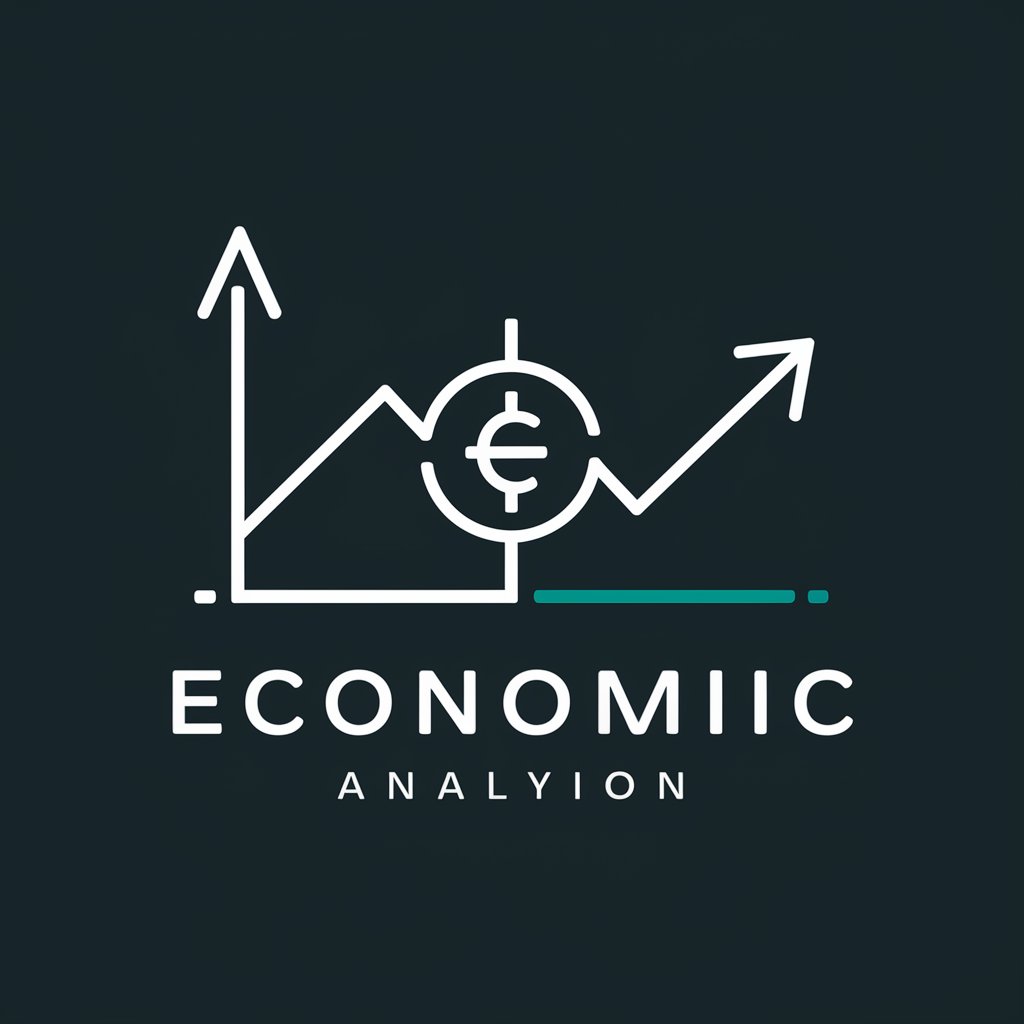Managerial Economics - Managerial Decision Support

Welcome! Let's explore how economic principles can enhance your business decisions.
Elevating Decision-Making with AI-Powered Economic Insights
How can economic principles be applied to improve resource allocation in my company?
What strategies can managers use to analyze and respond to market changes effectively?
Can you explain the impact of pricing strategies on market demand?
What are some economic indicators that can help in strategic planning for businesses?
Get Embed Code
Introduction to Managerial Economics
Managerial Economics is a specialized branch of economics that applies microeconomic analysis to decision-making techniques of businesses and management units. It seeks to understand how economic principles and analysis can be used to make better managerial decisions and to solve business problems. This field integrates economic theory with business practices to facilitate strategic planning, resource allocation, and other managerial functions. For example, it might involve analyzing the demand for a company's products, the cost of production, market competition, and pricing strategies to determine the optimal output level and price point to maximize profits. A scenario illustrating this might involve a company deciding whether to expand its product line. Managerial Economics would use demand forecasting, cost analysis, and market trend analysis to evaluate the potential profitability of the new product line, taking into account both internal and external economic factors. Powered by ChatGPT-4o。

Main Functions of Managerial Economics
Decision Analysis
Example
Utilizing cost-benefit analysis to determine the viability of a new project.
Scenario
A company considering the development of a new software application would use decision analysis to evaluate the expected costs of development against the projected revenue from software sales, taking into account factors like market demand, competition, and pricing strategies.
Demand Forecasting
Example
Predicting future sales to optimize inventory levels.
Scenario
A retail chain forecasting holiday season sales to determine how much stock to keep on hand. Demand forecasting helps in minimizing inventory costs while ensuring that demand is met, using historical sales data, market trends, and economic indicators.
Cost Analysis
Example
Analyzing various costs to find ways to reduce expenses without sacrificing quality.
Scenario
A manufacturing firm examining its production processes to identify areas where costs can be cut, such as by finding cheaper raw material suppliers, improving operational efficiency, or reducing waste.
Pricing Strategies
Example
Determining the optimal pricing for products or services to maximize profits.
Scenario
A telecommunications company setting prices for its services by analyzing the elasticity of demand, competitor prices, and the cost of providing the service, aiming to attract customers while ensuring sustainable profit margins.
Capital Budgeting
Example
Evaluating long-term investment decisions to ensure the best allocation of capital.
Scenario
A corporation deciding on investing in new machinery versus upgrading existing equipment, using methods such as net present value (NPV) and internal rate of return (IRR) to assess the potential returns of each option.
Ideal Users of Managerial Economics Services
Business Executives and Managers
Individuals responsible for strategic planning and decision-making within companies. They benefit from Managerial Economics by gaining insights into how economic variables affect their business operations and by learning how to apply economic principles to enhance decision-making and strategic planning.
Entrepreneurs and Start-up Owners
These users benefit from understanding market dynamics, demand forecasting, and pricing strategies to make informed decisions about product development, market entry, and competitive positioning.
Financial Analysts and Consultants
Professionals who advise businesses on financial planning, investment decisions, and market strategies. Managerial Economics equips them with the tools to analyze economic conditions, forecast market trends, and provide strategic recommendations to their clients.
Policy Makers and Government Officials
While not the primary target, these individuals can use insights from Managerial Economics to understand the economic implications of policies and regulations on businesses, helping to create a more conducive environment for business growth and innovation.

How to Use Managerial Economics Effectively
Begin Your Journey
Start by accessing a comprehensive economic analysis tool at yeschat.ai, offering a no-cost trial without the need for login credentials or a subscription to premium services.
Identify Your Needs
Clarify your business or academic objectives. Whether it's strategic planning, cost analysis, or market research, knowing your goals can help tailor the tool's capabilities to your specific needs.
Leverage Economic Models
Utilize the tool's economic models and analytical frameworks to interpret market trends, assess risks, and make informed decisions about resource allocation and pricing strategies.
Apply Insights Strategically
Incorporate the insights gained from the tool into your managerial decision-making processes, ensuring that your strategies are data-driven and economically sound.
Review and Adjust
Regularly review the outcomes of your decisions and adjust your strategies based on new data and economic analyses, fostering continuous improvement and adaptability in a dynamic business environment.
Try other advanced and practical GPTs
Financial Collapse
Insightful analysis of financial collapses, powered by AI

German Banking News
AI-powered German banking analysis

Calculus Mentor
Demystifying Calculus in Economics with AI

Liquidity
Demystifying Financial Liquidity with AI

Deise
Optimize Your Online Sales with AI-Powered Insights

Pernambucanas
Elevate creativity with AI-powered assistance

ResearchGPT
AI-powered Economic Expertise

Inflation
Decoding Economic Inflation with AI

Economic Crisis
Deciphering Economic Crises with AI

TrendTracker
Empowering decisions with AI-driven insights

杨世光
Empowering Economic Insights with AI

Especialista Move Marketing
Elevate Your Marketing with AI-Powered Insights

Frequently Asked Questions about Managerial Economics
What is Managerial Economics?
Managerial Economics applies microeconomic theories and methodologies to business decision-making processes. It encompasses the use of economic analysis to make strategic choices about resource allocation, production, pricing, and more, aiming to optimize organizational objectives.
How can Managerial Economics help in decision making?
It provides managers with a robust framework for analyzing market trends, forecasting demand, determining optimal pricing strategies, and making investment decisions. By integrating economic principles with quantitative methods, it aids in maximizing profit and minimizing costs under varying market conditions.
Can Managerial Economics predict market trends?
While it cannot predict market trends with absolute certainty, Managerial Economics utilizes statistical and analytical tools to assess probability and risk, offering insights into likely market dynamics and enabling more informed strategic planning.
Is Managerial Economics relevant for non-profit organizations?
Absolutely. For non-profits, Managerial Economics can optimize resource allocation, enhance fundraising strategies, and improve service delivery by applying economic principles to maximize social impact rather than profit.
How does Managerial Economics integrate with other business disciplines?
It intersects with finance, marketing, operations, and strategic management, providing a quantitative foundation to support cross-functional decision-making. This integration ensures that economic analysis is grounded in a holistic understanding of business operations.
